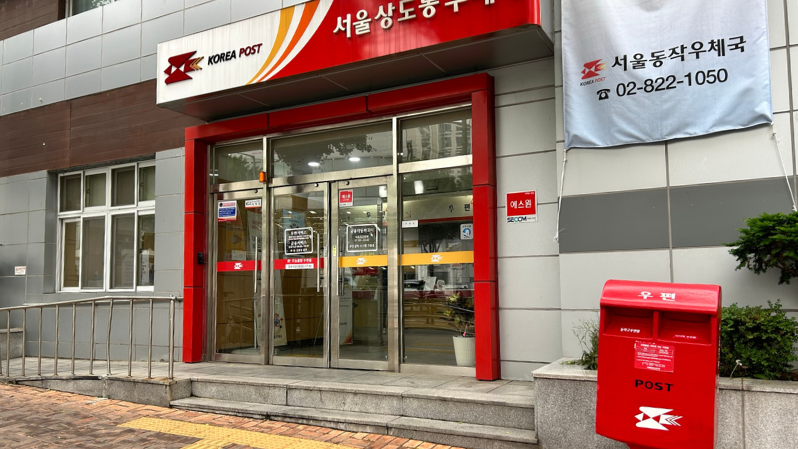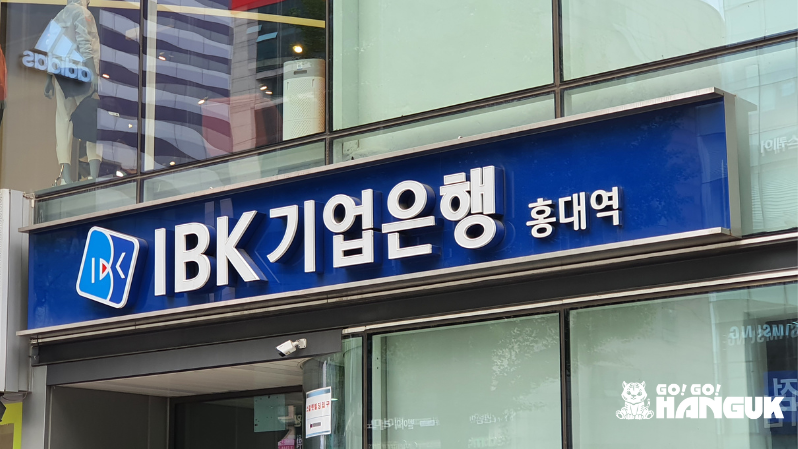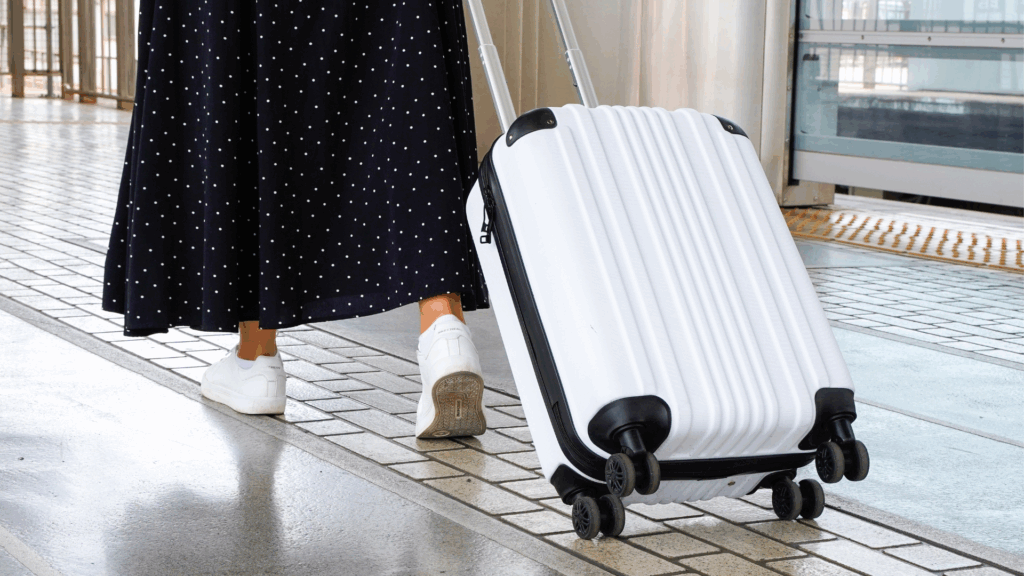Leaving Korea as a student marks the close of a meaningful chapter in your life. There are a series of essential tasks you need to complete before you officially move out. If you’ve been studying and living in Korea, these steps will help you wrap things up properly. This guide will walk you through everything you need to know before leaving Korea! Read on to get yourself prepared!
8 essential things to do when leaving Korea
1. Declutter before departure
Once you start packing, you’ll realize just how much you’ve collected. From books and skincare to winter coats and rice cookers, it can be overwhelming. Leaving Korea means leaving behind the clutter, too. You can sell via a second-hand platform online or through Facebook groups. Alternatively, donation centers like Beautiful Store (아름다운가게) accept clean, reusable goods.
Importantly, don’t dispose of large items like chairs or mattresses without registering them first. In Korea, improper disposal of bulk waste is illegal. You need to register the item online with your district office, pay a small fee, and attach a disposal sticker before placing it outside. Avoid unnecessary fines before leaving Korea.

2. Send or pack your belongings home
Even after decluttering, you’ll likely have a few items you want to bring back home. Korea Post is cost-effective for sending smaller packages, while services like Hanjin Express offer larger shipment options tailored to students.
If you’re flying a budget airline, be sure to check your baggage allowance carefully and weigh your luggage beforehand. Avoiding excess baggage fees will save you both time and money during your departure. Smart packing and early preparation will help you manage the stress of leaving Korea.
3. End your housing contract properly
Whether you’re renting an apartment or living in a goshiwon, it’s crucial to notify your landlord at least 30 days before moving out. Take dated photos of your living space to protect your deposit. Some landlords may charge a one-time cleaning fee when you move in or out, ranging from KRW 50,000 to KRW 200,000.
If you use a real estate app like Zigbang or Dabang, they might offer move-out support or provide specific instructions for foreign students. Always clarify expectations to ensure a smooth transition when leaving Korea.
4. Cut off your utilities and subscriptions
If you live in private housing, you’ll need to cancel services like gas, water, electricity, and internet. This usually requires your Korean Residence Card and must be done in advance. Goshiwons typically include utilities in the rent, but it’s still wise to confirm. The same goes for internet or cable TV subscriptions; make sure to cancel them!
Don’t forget to cancel subscriptions to Korean apps or services like Coupang Wow or Netflix Korea. They don’t automatically cancel when you leave the country. Likewise, check your mobile plan—postpaid SIMs need to be canceled in-store. If left unchecked, you might still be billed even after leaving Korea.
5. Redirect your mail
Important documents, such as tax forms or university certificates, might still be sent to your Korean address even after you’ve left. To avoid such situations, use Korea Post’s mail forwarding service or ask a trusted friend to collect your mail if possible.
Back up all your documents before leaving, such as copies of your medical records or school certificates, as it can be difficult to obtain them later.

6. Handle bank accounts and pension fund
To close your Korean bank account, visit the branch where you opened it. Transfer or withdraw any remaining funds. Some banks limit online services once you’re overseas, so it’s best to finalize everything before leaving Korea.
If you worked part-time while studying, you might be entitled to a pension refund. Visit the National Pension Service office with the necessary documents to check the status and request that the refund be sent to your home country’s bank account.
Also, part-time workers typically have income tax withheld directly from their monthly paycheck by the employer. The year-end tax settlement will determine whether you get a refund or pay additional taxes if needed. For more information, you should refer to the National Tax Service website.
Doing this before leaving Korea makes the process much easier.
7. Don’t forget health insurance
If you’re enrolled in the National Health Insurance Service (NHIS), be sure to visit your local NHIS office to cancel it. In case you still have outstanding fees, you should pay up if you do plan on returning to Korea in the future. If you hold the physical health card, they’ll ask you to return it too.
Students on university health plans should file a claim with the insurance company to receive reimbursement for medical expenses.
8. Report your departure and return your Korean Residence Card
Before leaving Korea, you must file a departure report (jeonchulsingo, 전출신고) at your district office. This notifies the government you are ending your residency at your current address. It’s a quick process but essential.
Also, double–check your visa status. Leaving Korea on an expired visa can result in fines or affect your ability to return.
At the airport, make sure to return your Korean Residence Card at passport control. Keeping it can create issues if you want to return to Korea in the future, so don’t forget this step.
Leaving Korea doesn’t have to be overwhelming. With some planning and a checklist in hand, you’ll be able to handle it smoothly.
For more information, keep following the Go! Go! Hanguk blog and don’t hesitate to contact us about living and studying in Korea.








